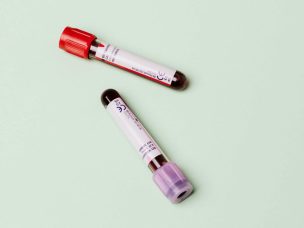Black residents accounted for 2.9 percent of participants in clinical trials for cardiovascular drugs approved by the FDA from 2006 to 2020
Black residents are underrepresented as participants in clinical trials to support the approval of cardiovascular drugs in the United States, according to a research letter published online March 23 in JAMA Network Open.
Siliang Chen, M.D., and Jiarui Li, M.D., both from Peking Union Medical College Hospital in Beijing, investigated the representation status of Black U.S. residents in crucial clinical trials supporting U.S. Food and Drug Administration approval (2006 through 2020) of cardiovascular drugs (for hypertension, coronary artery disease, acute coronary syndrome or myocardial infarction, heart failure, atrial fibrillation, pulmonary arterial hypertension, and hypercholesterolemia).
The researchers found that the FDA approved 24 new molecular entity drugs for seven cardiovascular conditions during the study period. There were 187,294 participants enrolled in related clinical trials, including 5,396 Black participants and 155,694 White participants. Black participants represented 2.9 percent of total clinical trial participation (participation to prevalence ratio [PPR], 0.29), ranging from a PPR of 0.52 for Black participants in hypertension drug trials to a PPR of 0.72 in hypercholesterolemia trials. All PPRs were <0.8, indicating underrepresentation compared with total PPR of 1.14 among White participants, indicating overrepresentation.
“This marked underrepresentation might undermine the generalizability of use of new cardiovascular disease drugs in Black U.S. residents,” the authors write.










